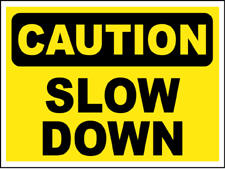Mark Steyn sums it up in The Corner, shortly before the measure passed:
Whatever is in the bill is an intermediate stage: As the graph posted earlier [reprinted here] shows, the governmentalization of health care will accelerate, private insurers will no longer be free to be “insurers” in any meaningful sense of that term (ie, evaluators of risk), and once that’s clear we’ll be on the fast track to Obama’s desired destination of single payer as a fait accomplis.
If Barack Obama does nothing else in his term in office, this will make him one of the most consequential presidents in history. It’s a huge transformative event in Americans’ view of themselves and of the role of government. You can say, oh, well, the polls show most people opposed to it, but, if that mattered, the Dems wouldn’t be doing what they’re doing. Their bet is that it can’t be undone, and that over time, as I’ve been saying for years now, governmentalized health care not only changes the relationship of the citizen to the state but the very character of the people. As I wrote in NR recently, there’s plenty of evidence to support that from Britain, Canada and elsewhere.
Read the whole thing, it’s only another couple of paragraphs. K-Lo adds a postscript after the vote (reprinted here in full):
Congratulations, Democrats. Beginning now, you own the health-care system in America. Every hiccup. Every complaint. Every long line. All yours.

